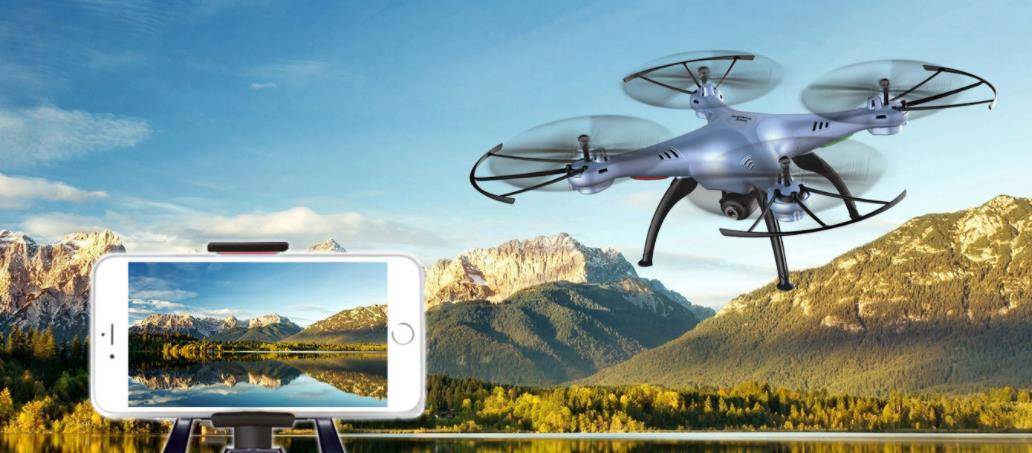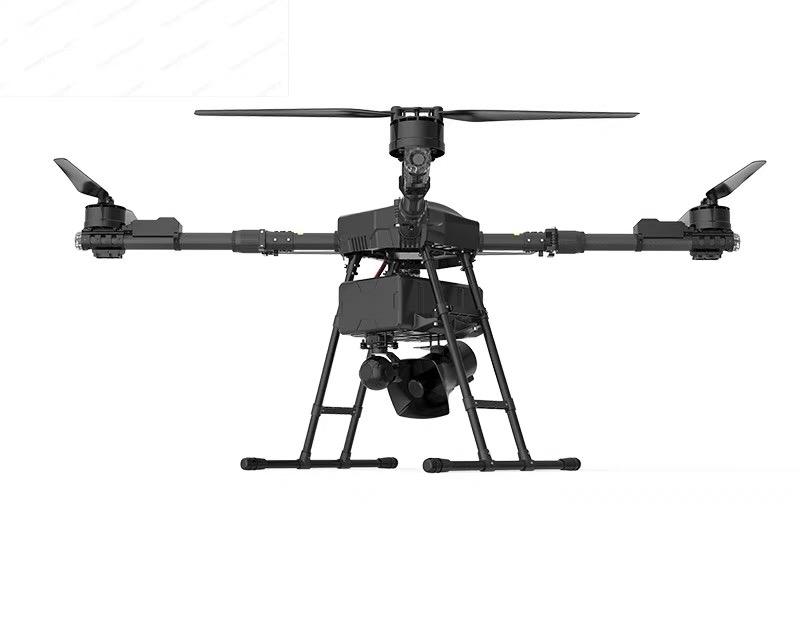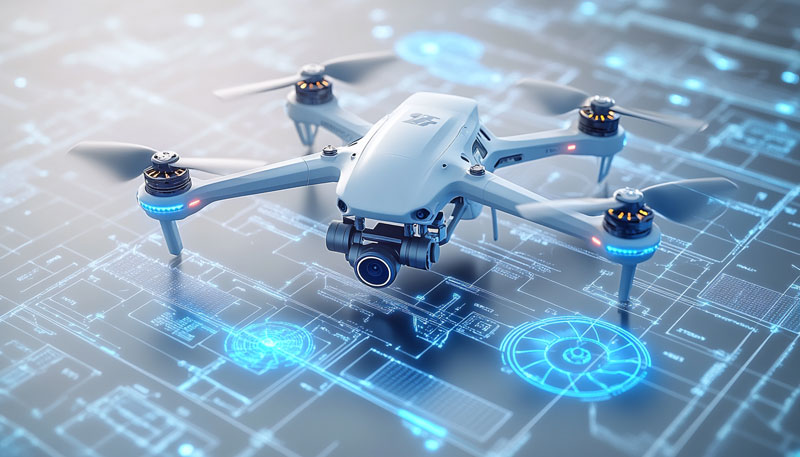The rise of drones has transformed industries and hobbies worldwide. Whether you’re a photographer capturing breathtaking aerial shots or an enthusiast experimenting with flight, understanding how to navigate drone registration with the FAA is crucial. First, it’s essential to verify if your drone requires registration. Generally, all drones weighing over 0.55 pounds must be registered, whether they are for recreational or commercial use. This regulation helps ensure public safety and accountability amongst drone operators.
Why Registering Your Drone is Mandatory
Drones have become more prevalent, and with their increased use comes greater responsibility. Registering your drone with the FAA is crucial to adhere to laws and regulations. This process is designed to enhance security and mitigate risks associated with unmanned aerial vehicles. The registration acts as a form of identification, linking drones to their respective owners. It’s essential for accountability and to address issues promptly if necessary.
How to Register Your Drone
Registering your drone is a straightforward process. Visit the FAA’s official website where you can find the guidance tool for drone registration. You will need to create an account if you’re a new user and fill out the registration form. The required information usually includes your email, physical address, and details about the drone itself. Upon completion, a fee is applicable, which is modest, currently standing at $5 for recreational users.
- First, determine the type of registration required: recreational or commercial.
- Recreational flyers register under the FAA DroneZone.
- For commercial use, Part 107 registration is necessary.
Once registered, you should receive a unique identification number which must be affixed to the drone. This ID must be visible without the use of tools to access, ensuring it can be quickly viewed upon inspection.
Benefits of Drone Registration
Registering your drone offers numerous advantages beyond merely following regulations. One primary benefit is access to vast resources and updates from the FAA, including possible changes in drone laws and guidelines to maximize safe operation. Furthermore, in the event of theft or loss, having a registered drone significantly increases the chances of recovery.

Registration also demonstrates your commitment to responsible drone usage. This is particularly useful when conducting business operations, as clients may prefer working with licensed operators. Additionally, possessing proper registration aligns you with national aviation standards.
Common Challenges in Drone Registration


Despite its straightforward nature, some operators face challenges during the registration process. Issues often arise from attempting to register without a solid understanding of the requirements or misclassification of drone type. Double-checking each input and ensuring accurate details are crucial.
Once you’re familiar with the rules, the complexities diminish, making for an effortless experience.
Frequently Asked Questions (FAQ)
Do I need to register a toy drone?
Toy drones generally do not require registration unless they exceed 0.55 pounds. Ensure to weigh your drone to determine if registration is necessary.

How often do I need to renew my drone registration?
Drone registrations must be renewed every three years. The FAA sends reminders, ensuring you remain compliant with the regulations.
Can I fly my drone without registration?
Flying a drone without registration is illegal and may lead to penalties. Proper registration is essential before embarking on any flight activities.
By ensuring your drone is registered with the FAA, you’re not only complying with laws but also promoting safe and responsible flying practices. Embrace this process confidently and enjoy the skies with peace of mind!
